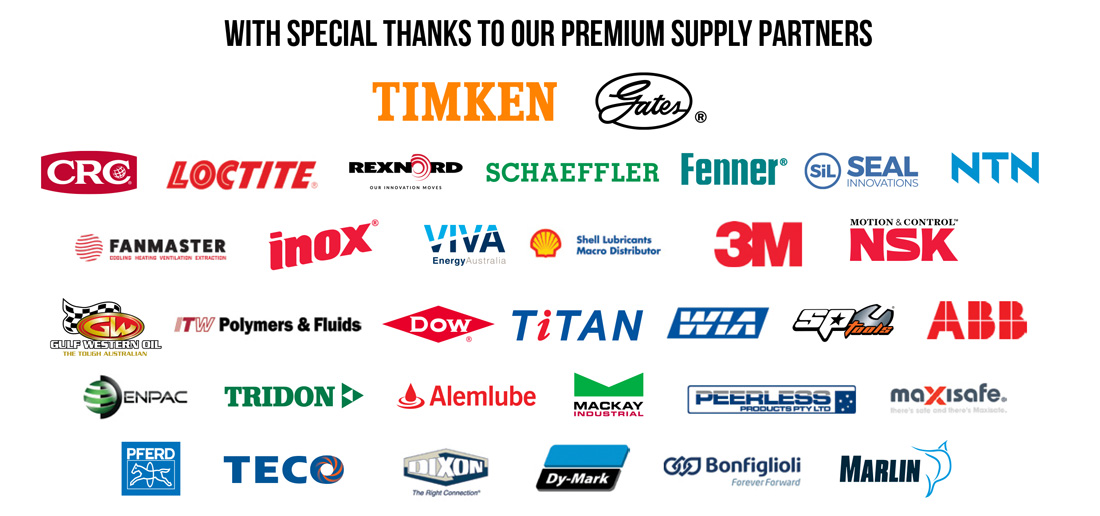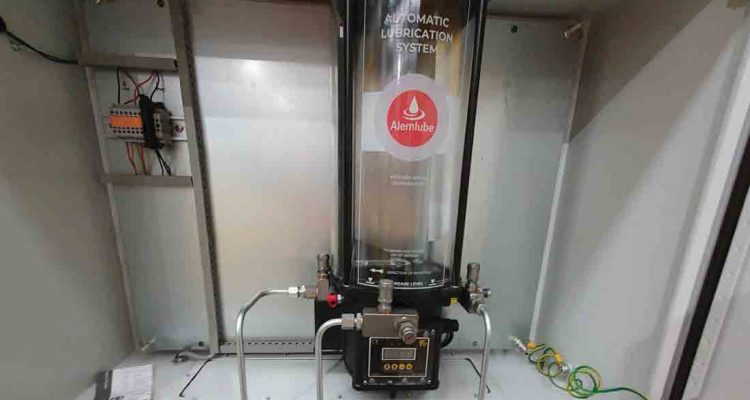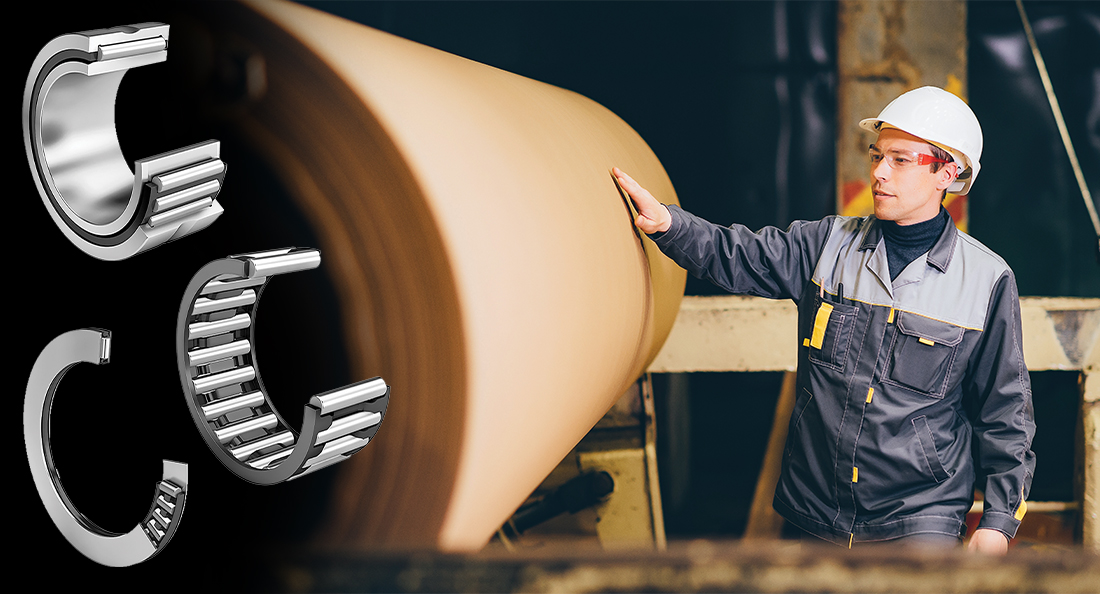While the adverse effects of silica dust on human health are well documented, it is a less known fact that the product – often found in mining, quarrying, and recycling industries – can also have detrimental impacts on machine components.
This was confirmed by engineers from BSC as they were studying the root cause of frequent bearing failures for one of their clients, a building waste recycling company. The bearings were installed at the two ends of the main shaft of an impact crusher that crushes large quantities of bricks and concrete blocks and is therefore exposed to dirt and dust ingress from the construction material.
Alan Phillips, BSC’s Engineering Manager for New South Wales, says the bearings were failing on average every three months, with each bearing replacement costing the site over $10,000 in lost productivity.
“BSC engineers were called in to understand why the bearings were failing so often. We prepared an intensive report and we found that the problem was silica-rich dust penetrating the bearings,” he explains.
BSC’s solution to the problem was to design and manufacture custom housings for the bearings that incorporated a purgeable sealing arrangement. To ensure maximum protection against the silica dust, BSC also collaborated with lubrication specialists at Alemlube to fit the housings with Alemlube’s automatic lubrication systems (ALS) to keep the seals continually purged.
“The seals are similar to what is known as a taconite seal, but we had to customise the design due to width limitations. The final housing design incorporates a double seal arrangement which allows the sealing area to be filled with grease. Alemlube’s automatic lubrication system helps lubricate the bearing, but more importantly, it makes sure the seals are continually purged to prevent any contamination” Alan explains.
John Knight, Lubrication Systems Product Manager at Alemlube, says automatic lubrication systems are ideal for bearings working in highly contaminated environments.
“Bearings fail for two main reasons: lack of lubrication and contamination. Using automatic lubrication systems can fix both of those problems,” he says. “Equipment like crushers and conveyors in mines and quarries are constantly exposed to high levels of contamination. The Alemlube ALS system uses precision progressive dividers and features a high-pressure output that keeps the system lubricated continually with a Grade II grease.”
While some sites still prefer to use manual lubrication, John advises against that.
“A lot of sites still do the lubrication manually, which often means that on a site that’s run really well, you may grease the bearing once every day and by the next morning, all of that grease is gone. So, the risk of the bearing running dry and the seal becoming an entry point for contaminants is increased,” he says.
“Over-greasing is another potential risk when dealing with large shaft diameter and high-speed bearings such as the impact crusher in question. If you put too much grease, then the friction of the grease heats the bearing up,” he adds.
Since BSC installed the new in-house designed and manufactured housings fitted with Alemlube ALS system, Alan says the site has been able to avoid at least four bearing replacements, with some of the bearings still working after over 20 months.
BSC, a major supplier of industrial components and services, works in partnership with industrial suppliers like Alemlube to resolve issues for its clients. Alan says the BSC engineering team in New South Wales can handle any reliability issues, from bearings to power transmission, lubrication and more.
“On our team, we have expertise across a wide range of bearing applications, power transmission applications and reliability issues. As part of our routine, we regularly visit customers to troubleshoot any issues they may be having and to implement reliability improvements. When necessary, we also visit their sites to conduct vibration analysis or any engineering services as required,” he concludes.


